Bob Marley 43 years ago
Zimbabwe is celebrating 43 years of independence tomorrow, the anniversary of freedom from colonial rule. An astonishing 75.4 per cent of our present population are “born free” in or after 1980.
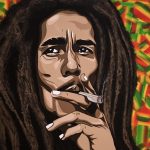 So they wouldn’t know much about legendary reggae and Rasta pioneer Bob Marley coming to Zimbabwe to perform at the independence gala that saw the British flag lowered for good.
So they wouldn’t know much about legendary reggae and Rasta pioneer Bob Marley coming to Zimbabwe to perform at the independence gala that saw the British flag lowered for good.
For the benefit of younger Zimbabweans the state Herald newspaper has obligingly retold the April 18 Bob Marley story. Mr Mugabe, inducted as Prime Minister that midnight, never liked Bob’s long, matted hair and his penchant for smoking spliffs of ganja, nor did he like the beat of African music, preferring Jim Reeves and classical albums – my memories, not The Herald’s.
But it didn’t matter what Mugabe thought. Marley was a hero, an icon. According to the newspaper, getting him here was the work of Edgar ‘Two Boy’ Tekere, nightclub owner Job Kadengu, broadcaster Mike Mhundwa and nightclub barman Thompson Kachingwe. Mhundwa played reggae on local radio and bought music from Island Records, Bob Marley’s label, London branch. Mike was tracked down to the Federal Hotel in the ‘Cow’s Guts’ part of town where he drank. The rest is history.
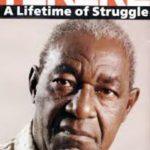 Tekere had insisted Marley’s songs were an inspiration to the liberation fighters marching in the bush even though some of the most popular numbers were released when the independence war was all but over.
Tekere had insisted Marley’s songs were an inspiration to the liberation fighters marching in the bush even though some of the most popular numbers were released when the independence war was all but over.
The tracks “Africa Unite” and “Zimbabwe” were listened to on cassettes in the bush, said Tekere, then a hero of the struggle who eventually fell into disgrace. In his autobiography, Tekere wrote that Mr Mugabe – whom, with Manicaland’s Chief Rekai Tangwena, he helped cross the border mountains into Mozambique – never handled an AK47 in the training camps because he didn’t like the noise on the firing range. The ascetic Mugabe had his small typewriter carried with him over the mountains.
Given the woes of today, economic or otherwise, impoverished “Born Frees” might well be forgiven for being overheard saying they were “Born to Suffer.”
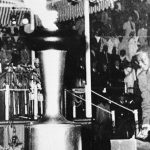 But that’s by-the-by. Tekere believed Bob Marley was a rallying point for Pan Africanist movements fighting against colonialism and imperialism. Marley said yes to the invitation and paid for a freight plane himself to bring 21 tonnes of lighting and sound equipment. He did two sets free of charge.
But that’s by-the-by. Tekere believed Bob Marley was a rallying point for Pan Africanist movements fighting against colonialism and imperialism. Marley said yes to the invitation and paid for a freight plane himself to bring 21 tonnes of lighting and sound equipment. He did two sets free of charge.
The very first words ever loud hailed out in the new nation after midnight were “Ladies and gentlemen, Bob Marley and the Wailers.” Later, when the crowds became unruly, tear gas was fired – a portent of what was to come in free Zimbabwe. Bob Marley stayed on stage, his band coughed and spluttered in the wings.
After that, Marley toured Highfield township, a hotbed of homegrown black nationalism, he visited the Blue Bar in Machipisa, then to Mbare and back to Job’s Nite Spot in Julius Nyerere Way where he watched Lovemore Majaivana perform. Sadly, Bob Marley died from cancer the following year at the age of 36.
In The Herald’s own words: “Bob Marley also visited Mutoko where he met some marijuana growers. He is said to have sampled the ganja and collected more herbs. This marked another high point in the Marley tour – mixing and mingling with ordinary rural folks in Mutoko.“
High point, indeed!
I have written a memoir called Mutoko Madness about the insanity and struggles of our lives in Zimbabwe and wider Africa.
Here’s a line from the book: “I asked the man if he had been smoking Mutoko Madness, our greatly efficacious marijuana plant or the equally powerful Chinhoyi Chaos or Binga Bhang … he said he hadn’t.’’
Try clicking on this link to see a bit more about the book. There are still a few copies left. “Contact” details are on the Home Screen tab above.

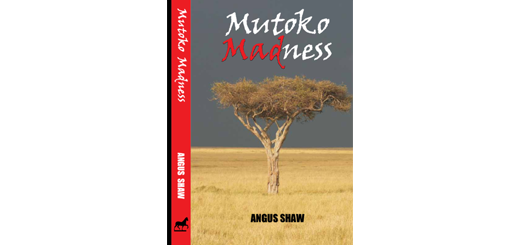
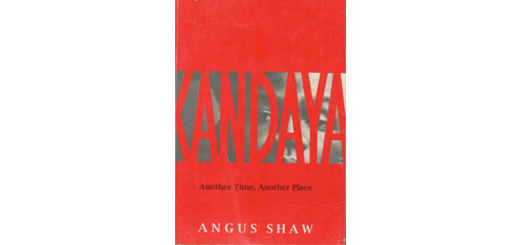
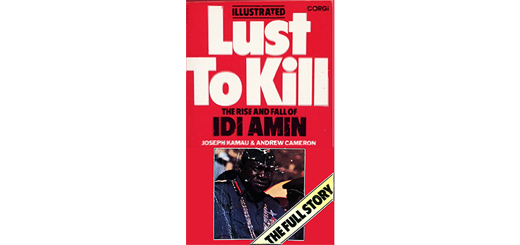
I remember it well, trying to take photos for UPI (for $30 a pop) while coughing and eyes steaming from the teargas. Fun days, and what a terrible pity that what began with such hope and raucous joy has disintegrated into the Zim of today.